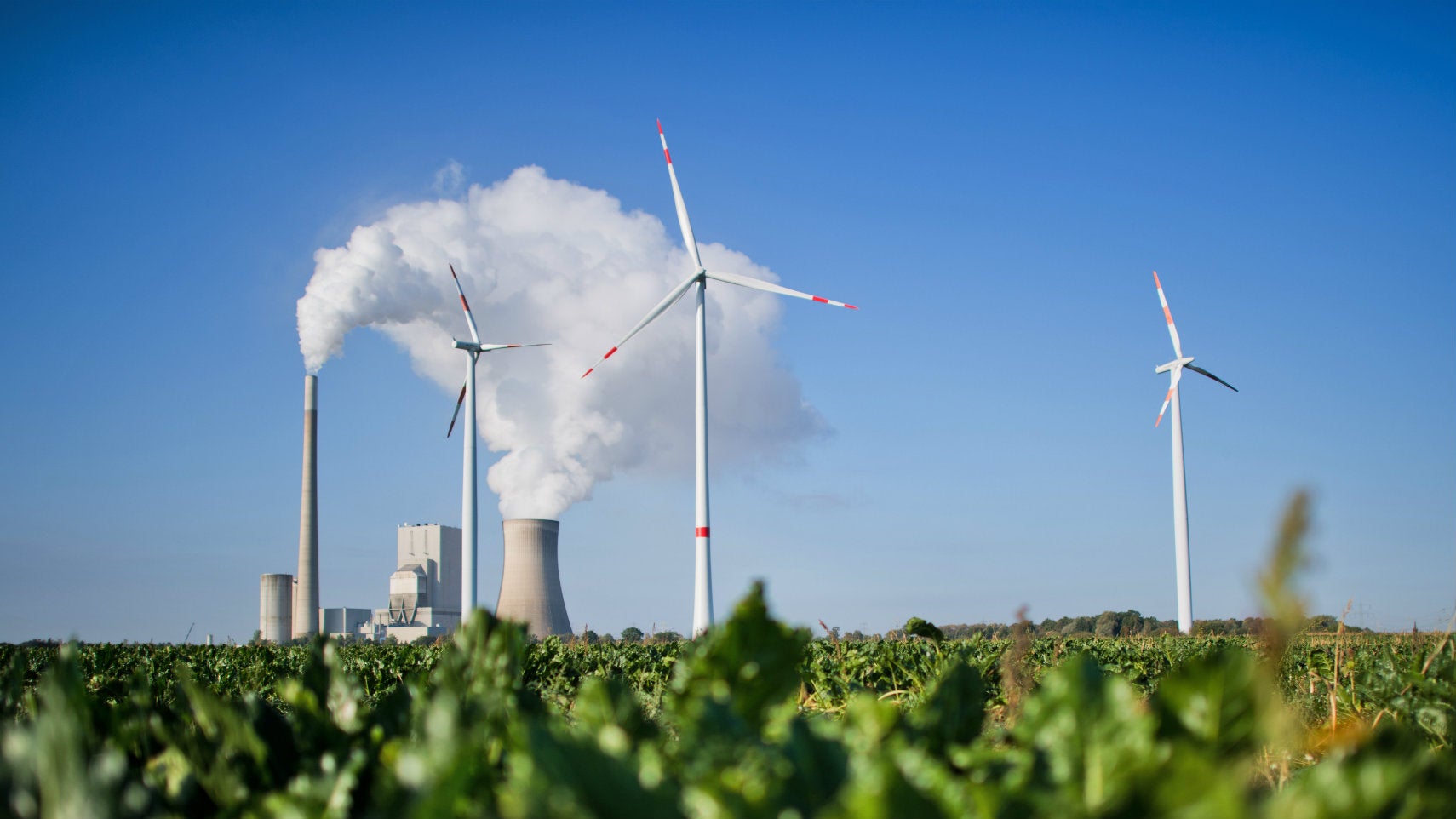Germany’s renewable energy boom is making life miserable for fossil-fuel producers
Last year at this time, RWE, one of Germany’s largest power producers, announced a surprise annual loss for 2015 and scrapped its dividend for the first time in decades.


Last year at this time, RWE, one of Germany’s largest power producers, announced a surprise annual loss for 2015 and scrapped its dividend for the first time in decades.
That was nothing.
Today, the company warned of an even bigger loss in 2016—a whopping €5.7 billion ($6 billion)—and, again, decided to forgo a dividend payment for most shareholders.
The main culprit is a €3.7 billion writedown in the value of RWE’s German power-plant portfolio. Wholesale power prices have plunged in Germany in recent years, as the country ramps up renewable production. Around 30% of the country’s power is now generated by renewable sources, with a long-term target of 80% by 2050.
“The large writedown is unhelpful, but this shouldn’t come as a complete surprise in the context of wholesale power prices that are still historically low,” noted analysts at Jefferies after RWE’s announcement.
As more wind and solar capacity comes online, the value of fossil fuel-burning plants has plummeted. Both RWE and EON, its main German competitor, have written down the value of their power plants by some €30 billion in recent years, according to Bloomberg, especially since German policymakers announced an aggressive “Energy Transition” (Energiewende) in 2010.
Reflecting the diverging fortunes of their power portfolios, last year both RWE and EON split their renewable businesses from their fossil-fuel operations and sold stakes in the new companies to investors.